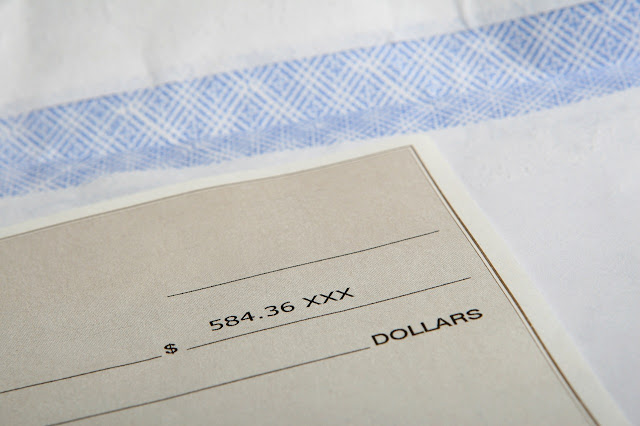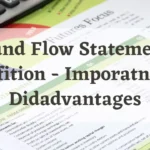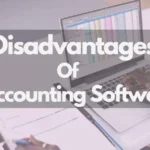The bank should pay the amount mentioned on the cheque as soon as it is presented. If the amount of a cheque is paid by the bank to the payee, the check is said to be honored. If the bank refuses to pay the amount of the cheque, then the cheque is said to be dishonored. Thus, the dishonor of the cheque means the refusal by the bank to pay the amount of the cheque to the payee. It is the condition in which the bank does not pay the amount of the cheque to the payee. In fact, when the drawer draws the cheque without following all the rules of issuing a cheque or when he draws the cheque exceeding the bank balance then the bank dishonors the cheque.

Reasons for dishonoring of cheque
The following reasons are some important reasons for dishonoring a cheque
- If the date is not written or written incorrectly or the date given is 3 months before or if an advance date is given.
- If the name of the payee is not written or not written clearly.
- If the order or crossed cheque are transferred without proper endorsement and delivery,
- If the amount is not written in words and figures or returned incorrectly or if the amount return involved and figures do not match with each other.
- If the alteration made on the check is not proved by the driver giving signature.
- If the account number is not mentioned or if it is not clear or if it is not mentioned correctly.
- If the signature is not given or if the signature given in the cheque does not match with the signature given on the ‘signature specification card’ kept by the bank.
- If the amount mentioned on the cheque is more than the amount that the drawer has in his bank account or if as per Bank rule the minimum balance in the account of the drawer cannot remain.
- If the cheque is overwritten.
- If the cheque is not found in the proper condition or if it is found wetted, torn, or spotted.
- If the drawer has given the order to the bank to stop payment of the cheque.
- If the bank balance remains shortage on account of not collecting the cheque deposited.
- If the drawer has closed his/her account before presenting the cheque
What remarks bank gives on dishonoring a cheque?
The dishonored cheque is returned by the bank to the payee using remarks for reasons of dishonour. For example, if the balance in the bank account of the depositor is not sufficient to pay the amount of the cheque, the bank mentions the remark as not sufficient fund (N/S) on the cheque.
If the amount of the cheque deposited has not yet been collected, the bank mentions the remarks as ‘effect not cleared, present again’ on the cheque.
If the account has closed before presenting the cheque the bank mentions the remarks as ‘account closed’ on the cheque.
If the drawer has given the order to the bank to stop payment of the cheque, the bank mentions the remarks as ‘ payment stopped ‘ on the cheque.
If the endorsement is not made by the payee on the back of the cheque properly, the bank mentions the remarks as ‘endorsement irregular’ on the cheque. Besides those, on the basis of the reasons of dishonor, the bank can mention the remarks as ‘ refer to the drawer, Insufficient Fund ( I/F), No assets’, etc. The bank and also attach a separate slip with the cheque to mention such remarks. A notable point in this regard is that if the business has made an agreement with the bank in respect of overdraft facility for a certain amount then the bank will pay the amount of cheque if it does not exceed the limitation of the search overdraft facility.
What if a bank dishonored a cheque mistakenly?
If the cheque drawn by the business is dishonored, it affects a lot to the business. If it is dishonored. It will be a serious matter for the business. It Adversely affects the credibility of the business. The sellers and the creditors may refuse to accept the cheques drawn by such business in the days to come. So, so while paying to the concerned parties through check the business should draw it very carefully by following all the rules before issuing the cheque. The bank also should not dishonor the cheque without detailed investigation; otherwise, the drawer can make the bank responsible for the loss enquiry due to an unnecessary dishonor of the cheque made by the bank.




